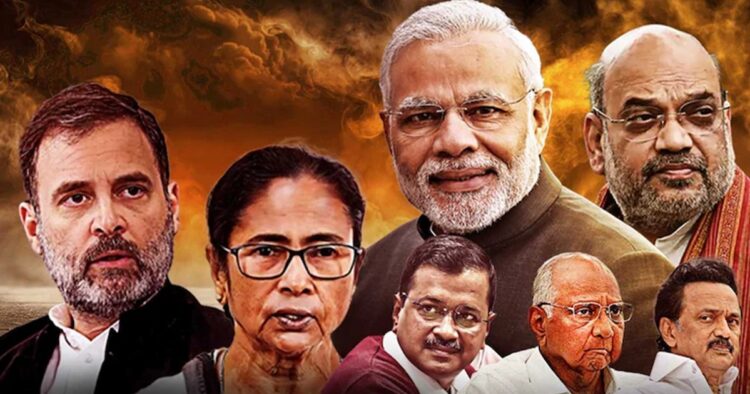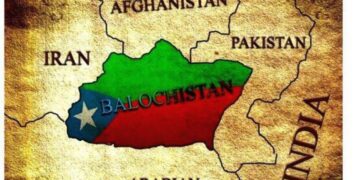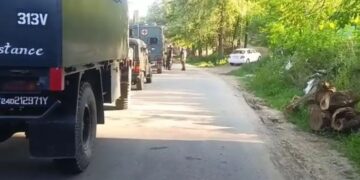On 19th April, the 2024 Lok Sabha elections commenced with great anticipation across Bharat. A significant portion of the electorate, totaling a whopping 16.63 crore people, is eligible to cast their votes in the first phase.
Among them, a remarkable 35.67 lakh individuals are first-time voters, while 3.51 crore belong to the young demographic aged between 20 to 29 years.
This initial phase encompasses 102 seats spread across 21 states and union territories. In Uttar Pradesh alone, eight crucial constituencies, including Pilibhit, are set to elect their representatives to the Lok Sabha. Notably, a considerable number of polling stations, totaling 1.87 lakh, will be operational, managed by approximately 18 lakh polling personnel.
Key candidates from various political parties are vying for victory in their respective constituencies. Union ministers Nitin Gadkari and Sarbananda Sonowal are among those entering the electoral fray, along with prominent figures like Gaurav Gogoi from the Congress and Kanimozhi from the DMK.
The gender distribution among eligible voters showcases a relatively balanced participation, with 8.4 crore men, 8.23 crore women, and 11,371 individuals identifying as the third gender exercising their democratic rights.
In the 2019 general elections, the political landscape witnessed a dynamic outcome, with the UPA bloc securing 45 seats out of the 102 being contested in this phase. Conversely, the ruling NDA clinched 41 seats, setting the stage for a compelling electoral contest.
One of the focal points of this phase is the state of Tamil Nadu, where all 39 Lok Sabha seats are up for grabs. The BJP’s previous performance in the state was lackluster, failing to secure any seats in 2019. However, the party’s aspirations to expand its footprint hinge significantly on its performance in Tamil Nadu and other southern states.
In Uttar Pradesh, constituencies like Pilibhit, Kairana, Muzaffarnagar, Rampur, and Moradabad are witnessing intense battles among candidates representing various political parties. Notable contests include Jitin Prasada’s switch to the BJP in Pilibhit and the BJP’s efforts to consolidate its position in Rampur amidst the shadow of jailed Samajwadi Party leader Azam Khan.
As the electorate exercises its fundamental right to vote, the outcome of this phase will set the tone for the remainder of the Lok Sabha elections, shaping the political landscape of the nation for the years to come.

















Comments